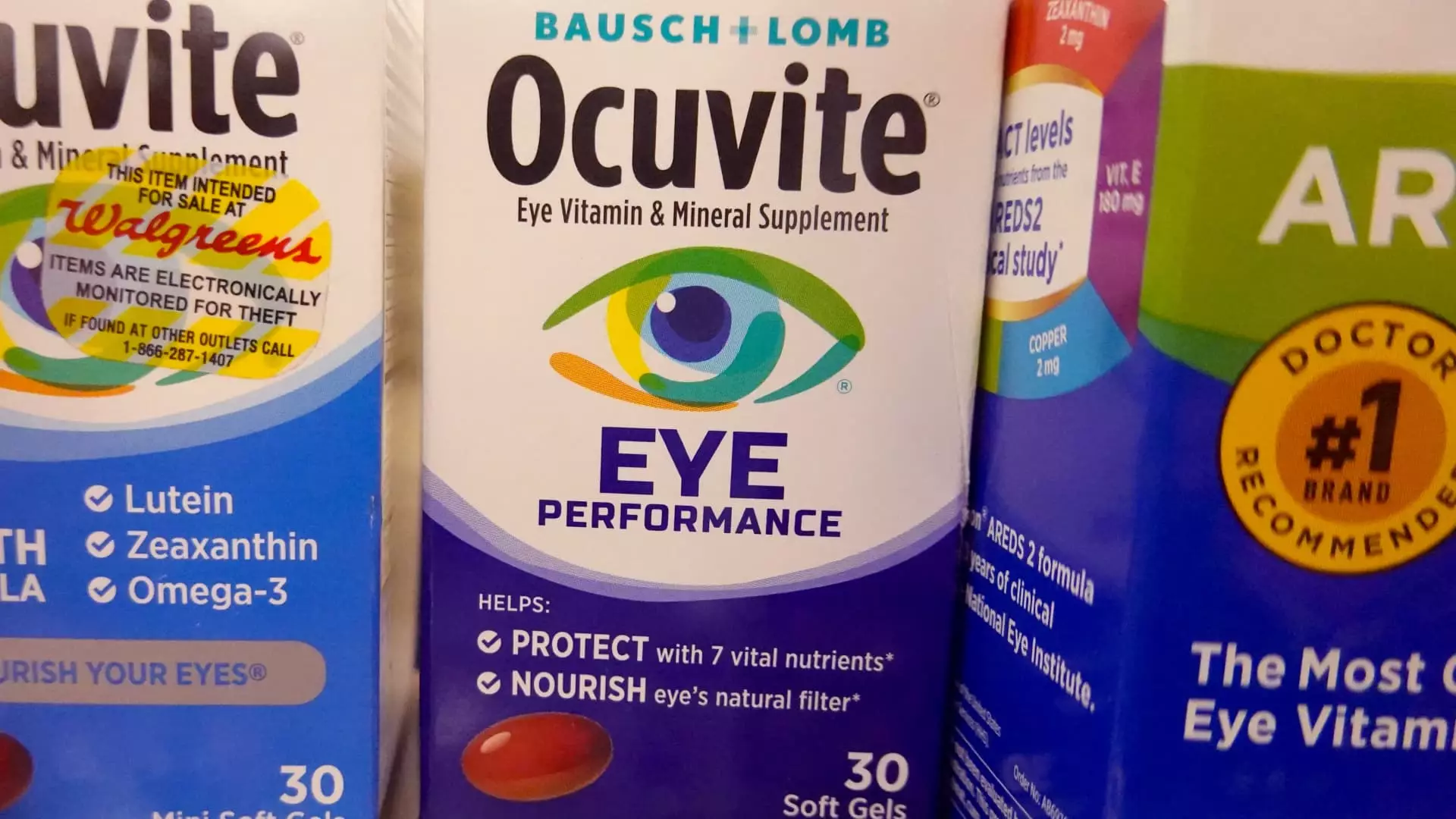Bausch Health Companies, Inc., previously known as Valeant Pharmaceuticals, operates as a major player in the global pharmaceutical arena. Headquartered in Canada, this multifaceted entity focuses on several critical therapeutic domains including dermatology, gastroenterology, neurology, and ophthalmology. It manages a diverse portfolio through five distinct segments: Bausch + Lomb, Salix Pharmaceuticals, International Rx, Solta Medical, and Diversified Products. This operational structure not only underscores Bausch Health’s broad capabilities but also highlights its strategic emphasis on innovation and market responsiveness.
The intersection of financial influence and governance came to the forefront in February 2021, when prominent activist investor Carl Icahn disclosed his 13D filing with the U.S. Securities and Exchange Commission, aiming to engage with Bausch Health’s management regarding shareholder value enhancement. This marked a pivotal juncture for the company, leading to strategic discussions concerning board representation and ongoing evaluations of its operational framework. The subsequent appointment of Icahn’s portfolio managers as directors in a board expansion signified a shift towards a more dynamic governance model, one that prioritizes shareholder interests and operational efficiency.
A notable milestone in Bausch Health’s recent history was the May 2022 spinoff of Bausch + Lomb (BLCO), which became a stand-alone publicly traded company while Bausch Health retained an 88% stake. This strategic move not only aimed to clarify the business’s valuation but also positioned Bausch + Lomb as a cornerstone of its future potential. Following this separation, Bausch Health’s board saw the integration of former Icahn portfolio manager Richard Mulligan, symbolizing continued alignment with shareholder value maximization.
A report from the Financial Times has since disclosed that Bausch + Lomb retained Goldman Sachs to explore the possibility of a sale. While the enterprise value stands at approximately $10 billion, it is impeded by extensive debt dimensions of Bausch Health, amounting to $20.4 billion overall. The complexity surrounding this debt structure intrinsically ties the financial health of Bausch + Lomb with its parent company, creating a challenging environment for prospective valuations.
Bausch + Lomb’s projected EBITDA for 2025 stands at around $966 million. When juxtaposed with peer companies such as The Cooper Companies and Alcon, which boast EV/EBITDA multiples of 19.5x and 18.5x respectively, a calculated adjustment suggests an average multiple of 19x for BLCO. This leads to a hypothetical enterprise valuation of $18.35 billion for Bausch + Lomb, a stark contrast to its market performance and current trading price, illustrating potential upside for shareholders should a sale proceed favorably.
The strategic analysis reveals alarming vulnerabilities tied to the Salix division, particularly its reliance on the xifaxan drug, set to lose patent protection in early 2028. The dependency on this singular product, which accounts for 87% of its revenue, underscores the urgent need for Bausch Health to bolster its portfolio resilience through diversification and innovation.
The remaining segments of Bausch Health, excluding Bausch + Lomb and xifaxan, present varied prospects. While the International Rx business and Diversified Products segments boast moderate market comparisons with competitors like Recordati and Viatris, respectively, the Solta Medical division showcases significant potential for high growth and stability against fluctuating industry standards, primarily due to its robust revenue growth trajectory.
Utilizing a conservative valuation model, wherein factors such as enterprise multiples and weighted averages come into play, analysts suggest a weighted average multiple of approximately 8x. This approach establishes a reinforced perspective on the potential value of the remaining business lines, identifying a total projected value nearing $25.93 billion for Bausch Health post-adjustment for debt.
The implications of these financial projections are profound. Following a conservative approach to valuation alongside recognizing the strategic imperatives of addressing its debt, Bausch Health could establish itself as a more agile player in an increasingly competitive landscape. The convergence of institutional investors on the board presents an opportune moment for Bausch Health to recalibrate its operational strategy, thus enhancing its market footprint, shareholder confidence, and ultimately, financial stability.
Bausch Health’s situation encapsulates the intricate dance of governance, market valuation, and strategic positioning, revealing both the challenges and opportunities that lie ahead. As the company navigates its path forward, the focus on innovative growth and operational efficacy will be paramount in redefining its role within the larger pharmaceutical landscape.

